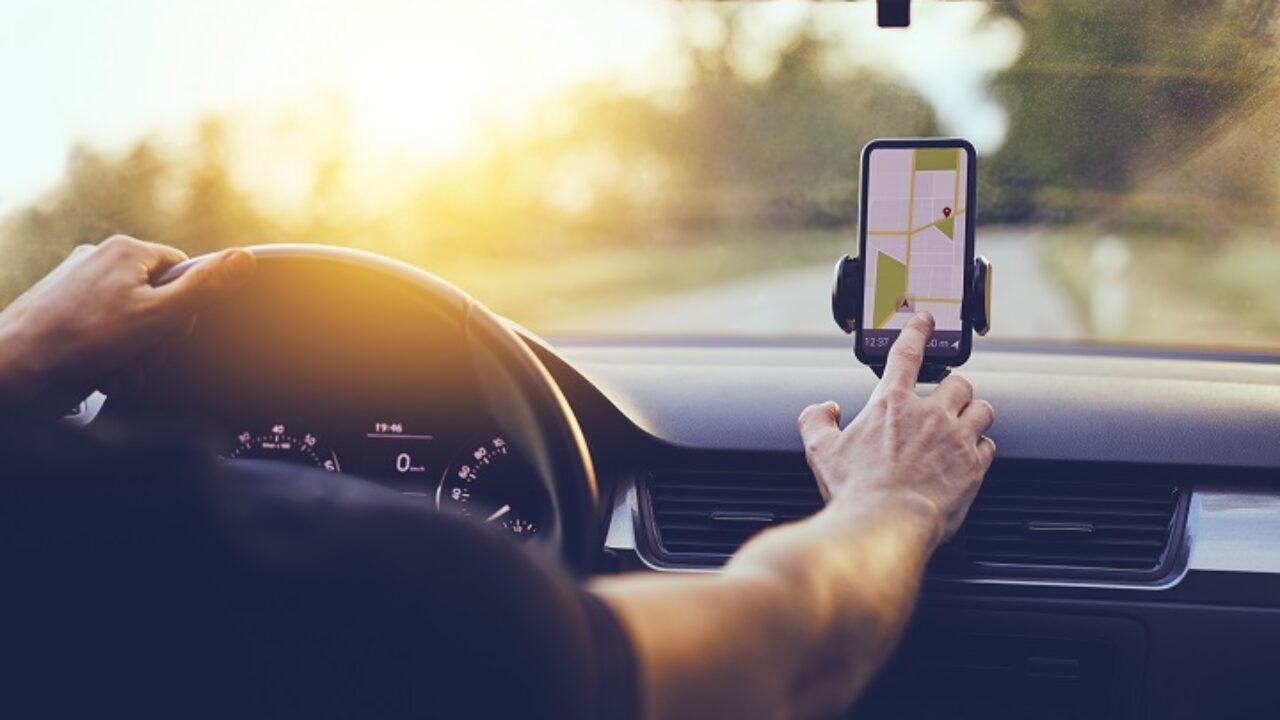In the past, tracking vehicle mileage was manual. People recorded mileage in notebooks and on loose sheets of paper. Some even scribbled down the calculations on napkins. Nevertheless, with all forms of manual records, calculations to arrive at the total mileage covered can be time-consuming.
The great thing about technological innovations in the 21st century is that it has expedited several processes for society. Now, smartphone apps on Google Play Store can enable businesses to track better and analyze the mileage covered by their vehicles. These apps can also expedite the process of reporting expenses and managing vehicle fleets. Check out this app from Driversnote to learn more. This article will provide the best reasons for your business to use a mileage tracking smartphone app.
Why Your Company Needs to Leverage a Mileage Tracker
-
Smartphone Capability
Many companies give their workers laptops to perform mileage tracking. Utilizing a smartphone app to perform this same task is more convenient.
The instant the mileage tracking app is connected with a Bluetooth-enabled device, it will start tracking the mileage covered. The recording automatically stops once the vehicle is in a state of inertia. You can also perform GPS tracking when you use a mileage tracking app.
A convenient feature of digital mileage log books is that they allow the synchronization of information between your smartphone and other web services. These apps can track the exact directions taken during driving and display them on a map.
You need to be conversant with the laws in your state for using a mobile device while driving. You can purchase a hands-free mobile device to comply with the rules if there’s a need.
-
Creating Reports That Comply with IRS Guidelines
Mileage trackers help when you need help with creating IRS complaint reports. For each mile covered, you will be free to take off a maximum of $0.5. However, before you can take advantage of this expense reduction and cut down your taxes by hundreds of dollars, you need to be able to present stellar records.
For one, IRS rules dictate that all expenses above $75 must be shown with receipts. There are several vehicle expenses like fuel, insurance, and toll payments. You can snap your receipts and save them in the cloud with a mileage tracking app. Leveraging a mileage log book on Google Play Store will grant you access to an increased number of exemptions.
-
Linking with Accounting Programs
Using a mileage tracking app saves you the time and effort of fixing data into spreadsheets. Several mileage trackers can upload mileage and expense data to accounting software. However, you need to select the right one.
This way, you get to perform faster mileage reimbursement for your workers. Mileage trackers can also link with accounting software to upload receipts.
-
Knowing the Location of Your Vehicles
Suppose your company possesses a lot of vehicles. In that case, you can track the location of all your vehicles with a mileage tracking app. The location accuracy is so high that you can track every vehicle to a particular parking space.
You’d be able to spot real-time driving routes and locations for every vehicle your business owns. With mileage trackers, drivers can share their trips on social networks like Facebook.
-
Expense and Time Reduction
When you keep detailed records of the repair and maintenance costs associated with your vehicles, you’d be able to reduce a lot of expenses. First, you’d be presented with a vehicle maintenance schedule to avert expensive repairs.
With a mileage tracker, you can visualize the difference in fuel costs across the vehicles in your entire fleet. Mileage tracking apps can also allow drivers to comply with safe driving practices. They record the speed drivers travel and notify you when they exceed a particular limit.
Final Thoughts
In the past, mileage tracking was performed manually by recording on pieces of paper or in notebooks. Today, smartphone apps allow businesses to track their vehicle mileage.
Using a digital mileage log book includes expense and time reduction, linking with accounting programs, knowing the location of specific vehicles, creating automatic reports that comply with IRS guidelines, and the convenience of smartphone portability.
